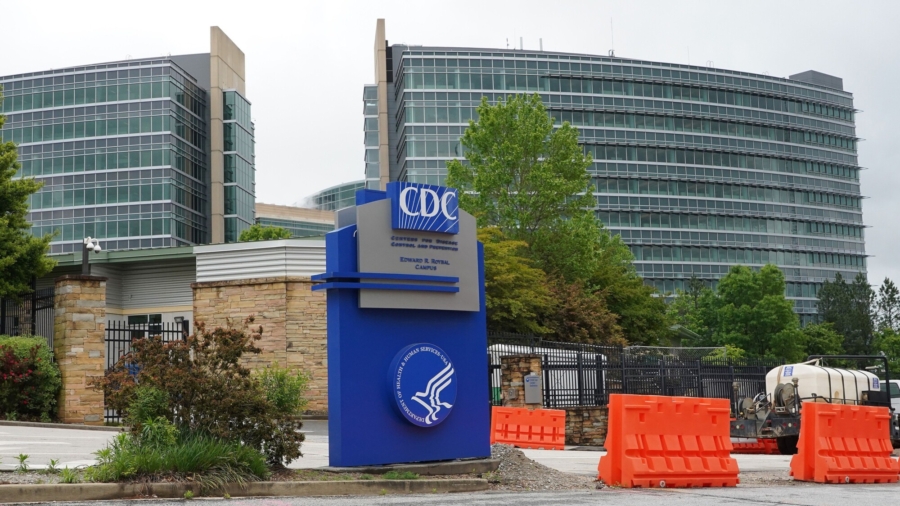People with underlying medical conditions are able to receive the COVID-19 vaccination as long as they have not had a severe allergic reaction to any of the ingredients, the Centers for Disease Control and Prevention (CDC) said.
The CDC issued new guidance on Saturday aimed at helping adults with underlying health conditions or weakened immune systems to decide whether the newly released COVID-19 vaccine is appropriate for them.
“Adults of any age with certain underlying medical conditions are at increased risk for severe illness from the virus that causes COVID-19,” the guidance says.
The vaccines that are approved by the Food and Drug Administration (FDA) “may be administered to people with underlying medical conditions provided they have not had a severe allergic reaction to any of the ingredients in the vaccine,” it added.
The guidance states that people with weakened immune systems or autoimmune conditions may receive the COVID-19 vaccine but should be aware that little to no data is currently available on the safety of the vaccine for those individuals.
Meanwhile, CDC also gave the green light for people who have previously had Guillain-Barre syndrome—a disorder where your immune system attacks your nerves—saying that no cases of the syndrome were reported following clinical trials of the vaccine.
People who previously had Bell’s Palsy—a condition that causes weakness in the muscles of one side of the face—can also receive the vaccine. The CDC said participants during the vaccine clinical trials did report having the conditions but the FDA determined that it did not exceed the rate expected in the general population.
According to the CDC, nearly 2 million people have had their first dose of a COVID-19 vaccine as of Dec. 26.
Health officials have previously warned that people with some allergies should not get the newly approved vaccine.
“Our conditions for use, is what we call them, specifically states that, if you have an allergy to any component of the Pfizer/BioNTech vaccine, you should not receive it,” Dr. Stephen Hahn, commissioner of the Food and Drug Administration (FDA), said on CNN’s “State of the Union.”
According to a fact sheet (pdf) from the FDA for healthcare providers, no one who has a known history of a severe allergic reaction, or anaphylaxis, to any ingredients of either newly approved vaccine should get injected.
The ingredients of the Pfizer/BioNTech vaccine (pdf) are listed as follows:messenger ribonucleic acid (mRNA), lipids ((4-hydroxybutyl)azanediyl)bis(hexane-6,1-diyl)bis(2-hexyldecanoate), 2 [(polyethylene glycol)-2000]-N,N-ditetradecylacetamide, 1,2-Distearoyl-sn-glycero-3- phosphocholine, and cholesterol), potassium chloride, monobasic potassium phosphate, sodium chloride, dibasic sodium phosphate dihydrate, and sucrose.
Meanwhile, the ingredients of the Moderna vaccine (pdf) are: mRNA, lipids (SM-102, polyethylene glycol [PEG] 2000 dimyristoyl glycerol [DMG], cholesterol, and 1,2-distearoyl-sn-glycero-3-phosphocholine [DSPC]), tromethamine, tromethamine hydrochloride, acetic acid, sodium acetate, and sucrose.
This week, a doctor from Boston was the first to report an adverse reaction to the Moderna vaccine. The doctor used an EpiPen that was nearby and staffers rushed him to the emergency room which was near the room where he received the vaccination.
Zachary Stieber contributed to this report.
From The Epoch Times

